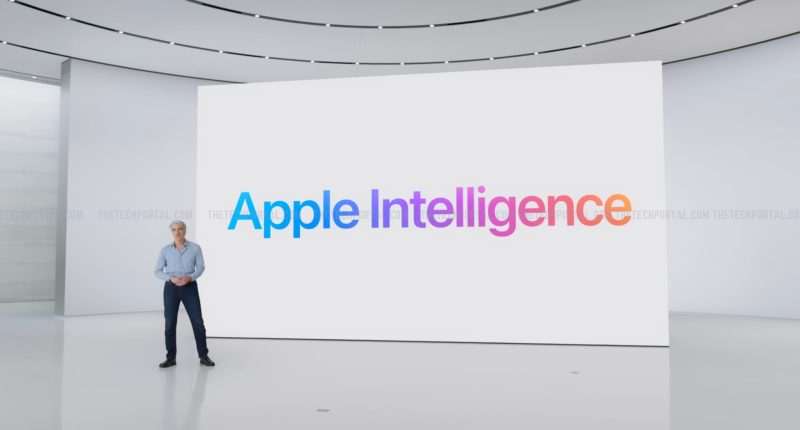Apple has formed a new internal team that will work on a ChatGPT-like search engine, a move that marks a shift in the company’s long-standing approach of not needing an in-house chatbot and relying on Google for search. This initiative, a departure from the company’s existing partnership with OpenAI, is reportedly being led by a group called “Answers, Knowledge, and Information” (AKI), reports Bloomberg’s Mark Gurman. The goal of this team, is to build a system that can browse the internet and provide direct responses to general-knowledge questions, in a manner similar to OpenAI’s ChatGPT.
According to people familiar with the project, the system could form the foundation for a standalone product or become embedded in existing features such as Siri, Spotlight, and Safari. Apple’s competitors have already made large strides in this space. Google has deployed its AI-powered Search Generative Experience (SGE), and Microsoft has integrated Copilot directly into Bing. So if anything, Apple seems to be late to the party.
This comes amid growing scrutiny over Apple’s dependence on Google, which pays the company an estimated $20 billion annually to remain the default search engine on iPhones and other devices. By developing its own engine, Apple could reduce its reliance on ad revenue-sharing from Google, and potentially introduce a new model focused on subscriptions, privacy, or premium access to deeper web results. Apple may also emphasize privacy as a core differentiator. While most existing AI search engines collect user queries to optimize performance and advertising, Apple could position its product as a more private alternative (though this is just speculation for now).
Although Apple has integrated ChatGPT into Siri through a recent partnership with OpenAI, the experience is limited. In practice, Siri often redirects users to Google for basic queries — a process that has drawn criticism for lacking the functionality users expect from modern AI systems. Apple’s current AI platform, Apple Intelligence, has so far emphasized assistive tasks like summarizing text, rewriting emails, or generating Genmoji. It has not delivered the conversational search capabilities increasingly seen as standard in the AI landscape.
Inside Apple, this has prompted growing concern. While some executives have expressed caution about over-relying on AI-driven search, others, including head of services Eddy Cue, have been more vocal in supporting its evolution. The AKI team is led by Robby Walker, a senior director who previously oversaw Siri. Walker moved to the new role after delays in Siri’s engineering pipeline, and he has since brought over several senior engineers to help build what internal documents describe as an “answer engine.”
If it works, then it will give Apple greater control over how information is surfaced on its devices, while also reducing its dependency on Google’s search infrastructure. Recent job postings on Apple’s careers site point to the scale of the effort. The company is hiring engineers with expertise in search algorithms, indexing, and engine design.
The Tech Portal is published by Blue Box Media Private Limited. Our investors have no influence over our reporting. Read our full Ownership and Funding Disclosure →






